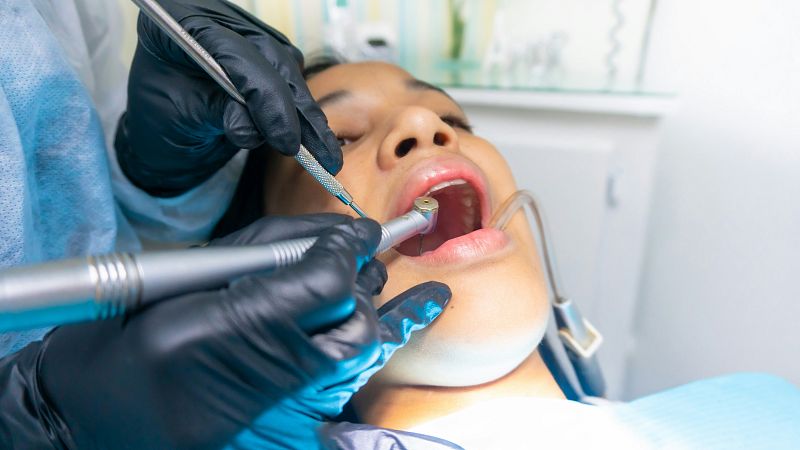Medical tourism: Dental expert explains why Turkey teeth can be a costly mistake

Increasing numbers of patients from the UK, Ireland and other European countries are travelling to Turkey for affordable cosmetic dental procedures.
The growing medical tourism trend has become known as ‘Turkey teeth’.
While it might seem like a tempting way to save money, it involves some serious risks that could lead to long-term dental problems.
Alex Foo is a doctor at Aria Dental and wants travellers to be more aware of the dangers.
How ‘Turkey teeth’ became a popular travel trend
Many Turkish dental clinics offer what appear to be attractive packages, combining cheap flights, hotel stays and dental treatments at a fraction of the cost compared to the UK and other European countries.
However, Foo advises caution, warning that what may seem like a good deal initially could end up costing far more in the long run.
“Not all Turkish dentists are bad, but the ones specifically targeting UK and Irish patients tend to be using aggressive treatment techniques,” says Foo.
“In many cases, they carry out procedures like excessive drilling, which can cause significant damage to your teeth.”
Over-drilling to prepare teeth for crowns or veneers can lead to nerve damage, leaving patients in pain or requiring further treatment such as root canals.
Your medical treatment ends with your plane ride home
Patients who undergo dental work in Turkey often return home with issues that require urgent attention.
“We’ve seen patients with crowns or bridges that have come loose or fallen out shortly after returning. In some cases, the glues or cements used are substandard, leading to a higher likelihood of failure,” Foo says.
The issue with having treatments done abroad is the difficulty in getting follow-up care once back home.
Local dentists are often reluctant to carry out repairs due to the legal risks involved, leaving patients stranded with subpar dental work.
So while the initial costs in Turkey might appear cheaper, Foo stresses that patients often face higher long-term costs due to the need for repairs and replacements.
In the worst-case scenarios, some patients have returned with severe infections, which can destroy the underlying bone, making dental implants impossible.
“In some cases, patients may even end up needing dentures due to the damage caused,” adds Foo.
Turkey teeth: Is it worth the risk?
Foo encourages anyone considering dental treatment abroad to carefully weigh the risks and consider the quality of care they might be receiving.
“The savings may seem appealing at first, but the risks of poor workmanship, complications and lack of follow-up care far outweigh any short-term financial benefit,” he says.
“It’s always worth consulting with a reputable local dentist to discuss safer and more reliable options.”
Yesterday

